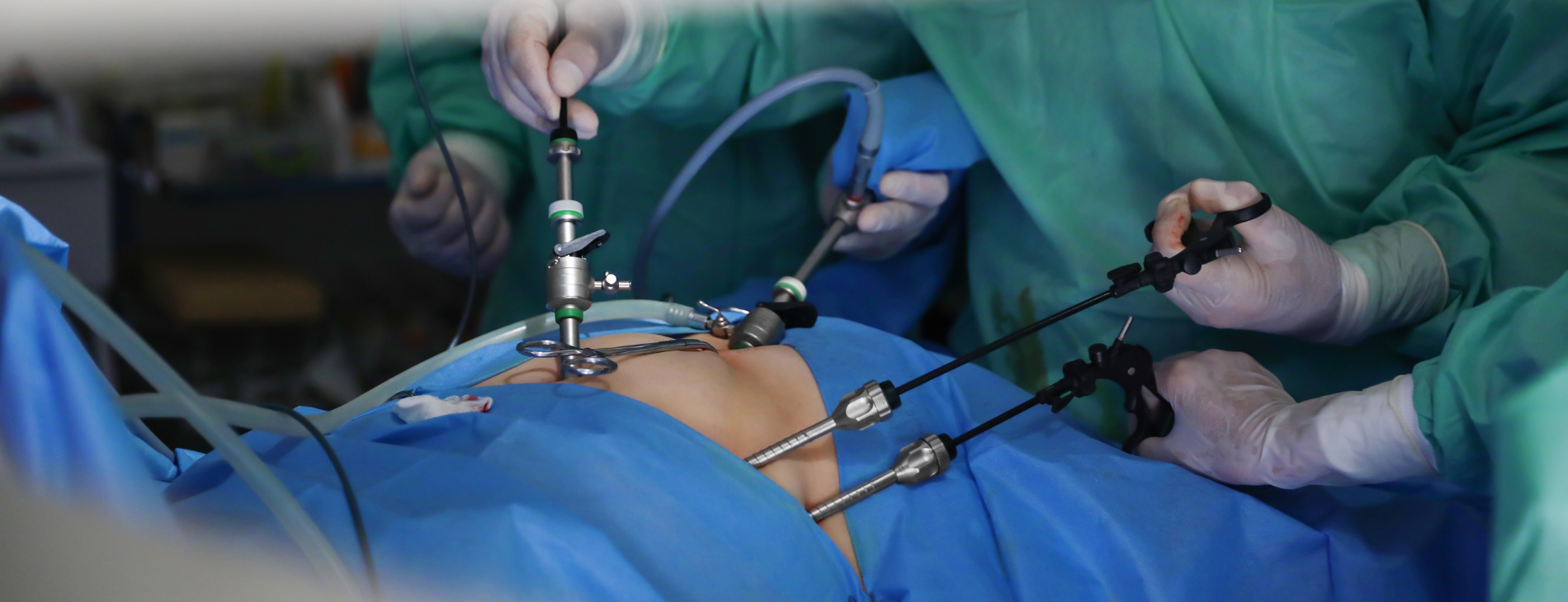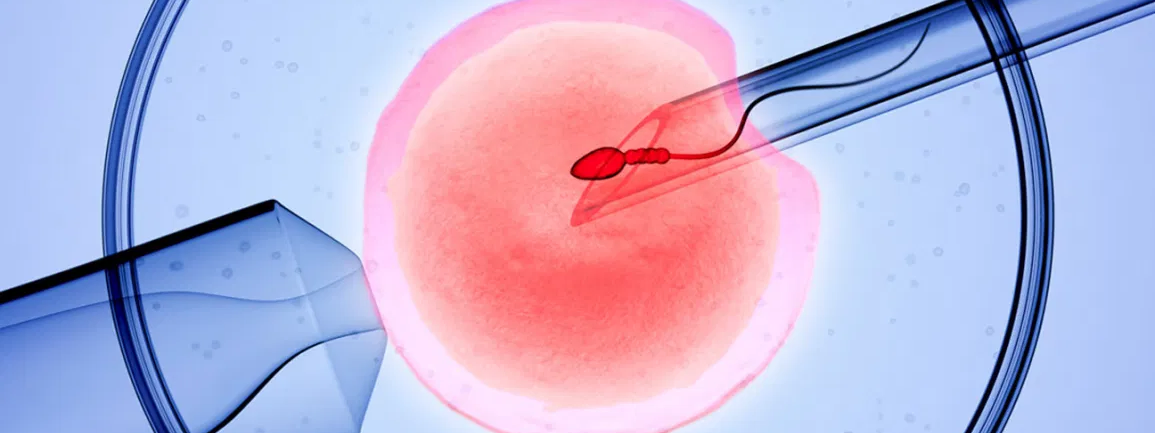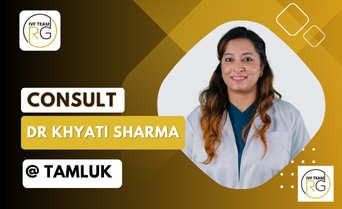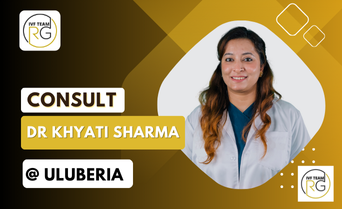You should give yourself a year to try naturally if you have regular cycles and are 35 years old or younger before getting any fertility testing done.
Since your chances of becoming pregnant, whether naturally or with assisted reproductive technology, declines with age, it may be appropriate to start some preliminary fertility tests earlier if you are over 35.
Regardless of your age, it would be advisable to have this examined if you have irregular menstrual periods as this might be a symptom of irregular ovulation.
While some research indicates that IVF-conceived infants have a little greater frequency of birth abnormalities (4–5 percent vs. 3 percent) than children conceived naturally, it’s conceivable that this rise is caused by factors other than IVF treatment itself.
It is important to realize that the prevalence of birth abnormalities in the general population is around 3% for significant deformities and 6% when minor problems are taken into account. According to recent research, there may be between 4 and 5 percent significant birth abnormalities in infants born after IVF. It has also been observed that siblings born naturally of IVF children and children born after IUI had a slightly higher proportion of abnormalities, suggesting that the risk factor may be inherent in this specific patient group rather than in the method used to achieve pregnancy.
According to research, children born through IVF succeed academically on par with the general population and have similar behavioural and psychological health. More research is being done to learn more about this important topic.
Women who have never gotten pregnant seem to be somewhat more prone to developing ovarian cancer compared to the overall population (about 1.6 times the rate). There has been speculation that there may be a connection between reproductive drugs and this specific disease because it is believed that many of these women also utilised fertility medications. Since 1992, when this issue was initially brought up, several investigations have been carried out.The use of fertility drugs or IVF itself has not been linked to an increased risk of ovarian cancer, according to any studies that have looked into the matter. The early findings of a National Institutes of Health research also point to no connection between fertility drugs and ovarian, uterine, or breast cancer.
Daily injections might seem like a daunting proposition. Even though IVF treatment requires injections, we have planned our medication regimens and the type of injections to reduce pain and tension. Our nurses also carefully train and assist each patient during this procedure. Medicines that were once injected into the muscle are now administered as a little injection under the skin (subcutaneous). These injections are generally given over a period of 10 to 12 days, and then one intramuscular injection of hCG, a hormone that initiates ovulation at the end of the stimulation cycle, is administered. Patients who choose to avoid intramuscular injection can now have the hCG injection, which was previously only accessible in an intramuscular form.
Patients are given a progesterone hormone supplement after the egg harvesting procedure to prime the uterine lining for the embryo transfer. Instead of being injected, progesterone may be administered to the majority of people through a vaginal pill or vaginal suppository. Injections can be completely avoided in the second part of the IVF cycle in this method. It has been proven that progesterone vaginal pills and suppositories are as effective to progesterone injections.
The length of time, often 28 days, between the first day of one monthly period and the first day of the following period is known as the menstrual “cycle.” Your treatment cycle will revolve around your menstrual cycle if you are receiving any kind of reproductive medication.










































